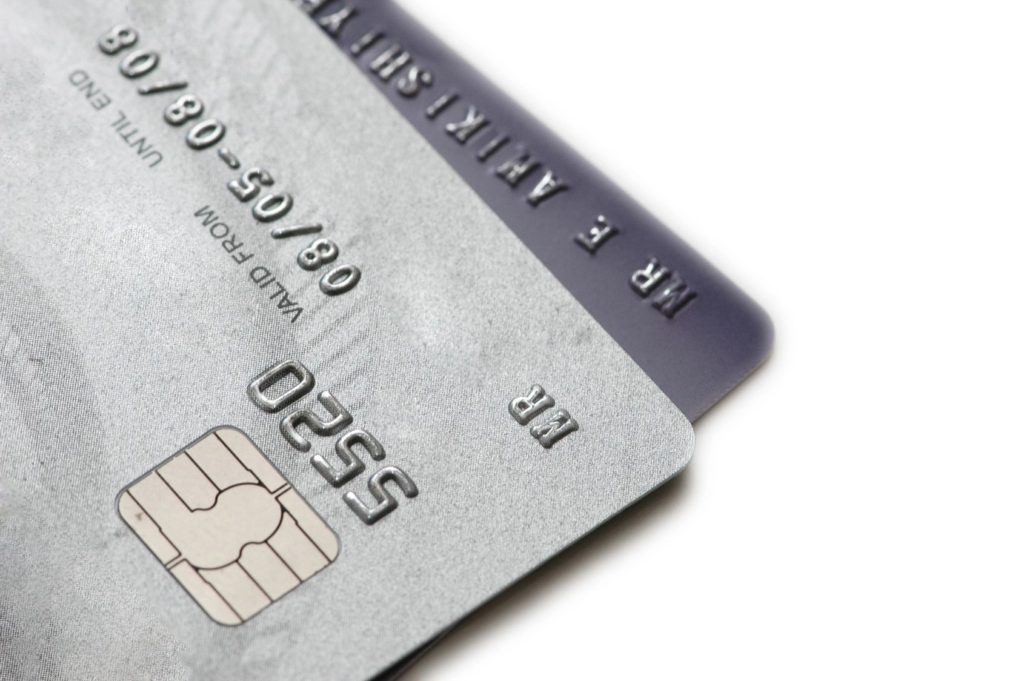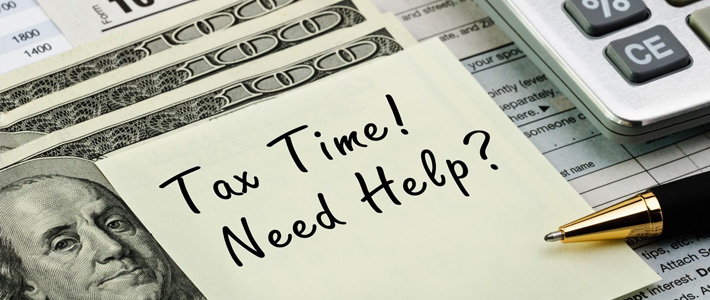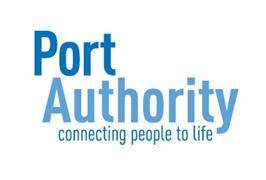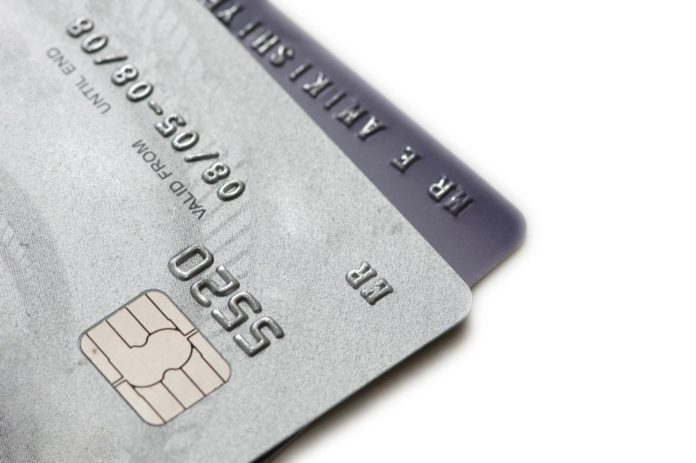
A new year is here. It’s never too late to start getting your finances in order. Make 2019 that year for you. If you don’t know where to start, then start by using these financial tips. They’re going to get you off to a terrific start!
Set it!
First and foremost, set a realistic savings goal. How much money can you afford to save each paycheck? Aim to put at least 15 percent into savings. If you make $1,000 every two weeks, this means that you place $150 into savings. That accumulates to $300/month, which will be $3,600 by the year’s end. Additionally, banks often pay interest on savings once it reaches a certain amount. Even if they pay one percent interest, this could add almost fifty dollars to your savings by the year’s end. The best way to set realistic goals is to start small. Maybe start at 10 percent and ease into your savings. That’s still $100/check and $200/month, which equivocates to $2,400 each year.
Save it!
If saving money is difficult for you, set up an automatic withdrawal with your bank. Each time your paycheck hits the bank, the bank automatically withdrawals cash and places it into your savings account. If you must do it yourself, then you’re more likely to procrastinate against it. If the bank does it, then you’re less likely to miss it. The chances are that you’re not to realize that extra money was there unless you look at your pay stub. And, in all honesty, it wasn’t taken from you; it’s still yours and you still have access to it. It’s just set aside in a savings account to prepare for a more secure financial future. You could even use a money management tool (check out these Mint alternatives if you’re interested). Tools like these can help you see where your money is going each month and they can also help with budgeting. Definitely worth checking them out!
Deduct it!
Moreover, consider what tax deductions apply to you, your business or your family. This is especially important if you are a work-at-home entrepreneur. There are tax deductions for the home office, for instance, and for such things as internet usage, business supplies and/or equipment, or travel deductions. If you have frequent business lunches, these may be eligible tax deductions. There are also tax deductions that apply to homeowners and people that work in a variety of different industries. Don’t forget to research these, for they may be an excellent way to save money. If you are running a business yourself, working out all of these deductions can be time-consuming and difficult. This is why a lot of self-employed business owners do make use of companies like https://www.geekbooks.com.au/ for help with their accounting and business finances. This should give you more time to spend elsewhere, whilst also ensuring that your finances are more accurate.

You also want to create a realistic budget. Specify the differences between your wants and needs. Wants are something which we can live an exceptional (but probably dull) life without movies, travel, gym memberships or daily trips to the coffeehouse. Needs, on the other hand, are those items that we must-have for our human survival: clothes (non-designer), food, housing or transportation (not necessarily your car). What can you slash from your budget to save money? For example, quite often people are paying over the odds for their utility bills. Using a comparison site to check the Houston electricity rates, or whichever city you are from, is a great way of checking if you could save some money by switching to a cheaper deal. Also, if you live in a large city like Los Angeles or Chicago, do you need your car? Do you need the gym membership if you have a gym in your apartment building? These are things that you must think about to create a healthy financial future.
Track-It!
Finally, track your expenses. There are dozens of websites and apps which give you the opportunity to see your transactions. Banks, too, give their customers the chance to view their statements on their phones or their computer. It’s crucial that you are aware of where your money is going. This is going to help you stay in the black and avoid unnecessary fees. Each time you bounce a check, for instance, most banks charge the customer $25-35. If your savings drops too low, there is another fee for that. Be aware of these fees and work at your finances so that you can avoid them. Ensuring a healthy financial future is secure. These steps will get you off on the right foot in 2018; the rest is easy street.





































